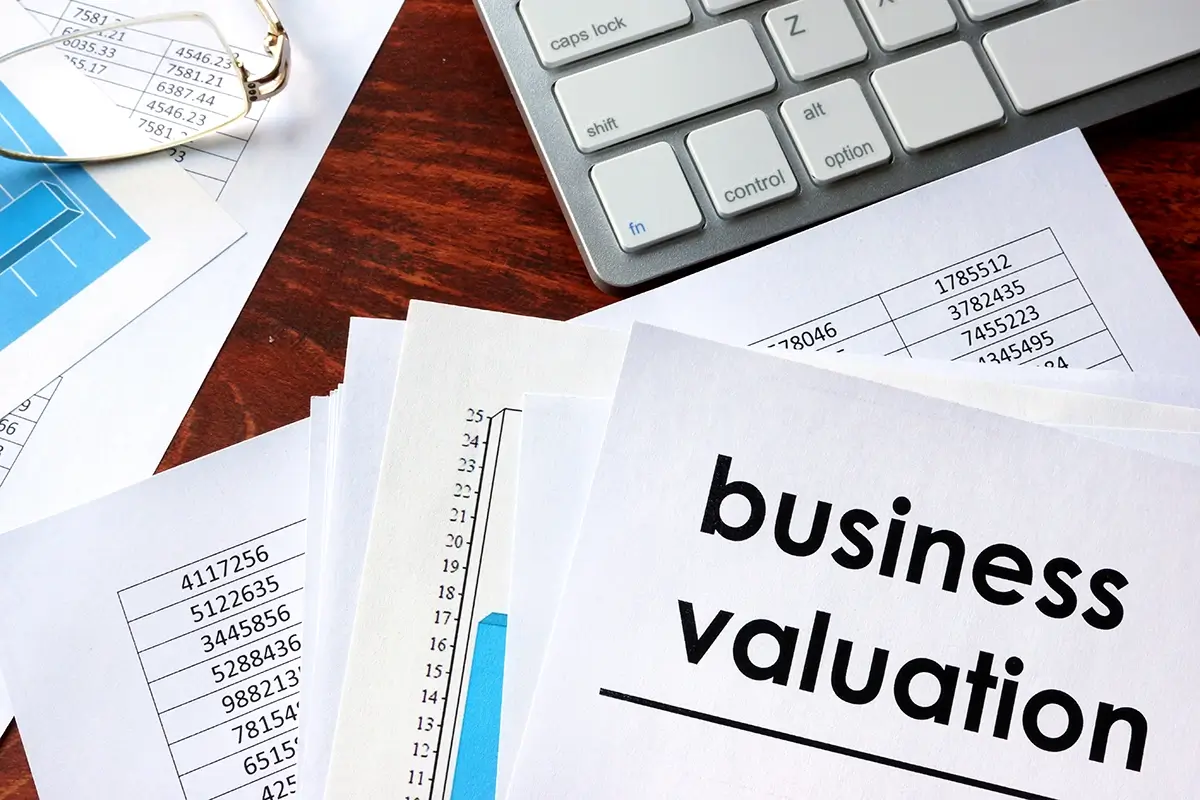Throughout a business’s journey, they amass assets, clear off liabilities, take on loans, and make myriad decisions that directly influence their business’s valuation. Owners often view their business through a biased lens, either overestimating its value or underestimating it. This skewed perception can be problematic, leading to a false sense of progress or regression. Business valuations involve a thorough process that analyzes various economic aspects of your business. This article provides reasons and explanations for business valuations and what they can do for you!
What are Business Valuations?
A business valuation involves determining the worth of your company and each department. It isn’t a forecast or past valuation of your business, but a current valuation that lets you know where your business stands as of that day.
Why Should You Get a Business Valuation?
Business valuations aren’t needed for every business. Still, if the reasons below apply to yours, evaluating it might be a good idea to be better prepared for the future.
- Selling or buying a company
- Capital financing
- Strategic financial planning
- Investing
- Tax planning
- Shareholders and stakeholders
These are only half the reasons your business should receive a valuation, as having insight into your business’s value can give you a competitive edge and equip your business for the future. Understanding your business’s worth empowers you to align your plans and aspirations in the right direction.
Types of Business Valuations
The valuation process varies widely based on your company’s size and the purpose for which you seek a business valuation. We will outline some of the most commonly used methods to give you an understanding of what a third party does when evaluating your business specifically.
Discounted Cash Flow Value
This estimates the value of an investment using its expected future cash flows. This is useful for companies looking to acquire or merge with another company or sell their business.
Revenue and Earnings Multiple
This method determines a company’s maximum value, indicating how many growth opportunities there are for your business. It is a great starting point for financial planning.
Market Capitalization
Market capitalization calculates a company’s market value through its outstanding shares. This valuation helps compare your company to competitors within the same industry, showing what your business needs to do to match or exceed your competitors.
Because each method produces different results, we will customize your valuation to align with your business objectives. Additionally, these are just three of the methods for assessing your company, and Intentional Accounting can utilize these and more to represent your business accurately.
We Offer Valuations for Your Business
Intentional Accounting aims to provide thorough business valuation services to help you understand your business’s potential and make informed decisions to reach your goals. Our team is dedicated to ensuring that you completely understand your business and financial situation. We will collaborate with you to gather essential information about your company and create a comprehensive assessment for your reference. Contact us today to get started!










